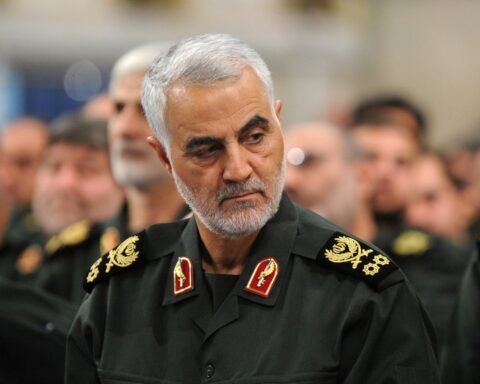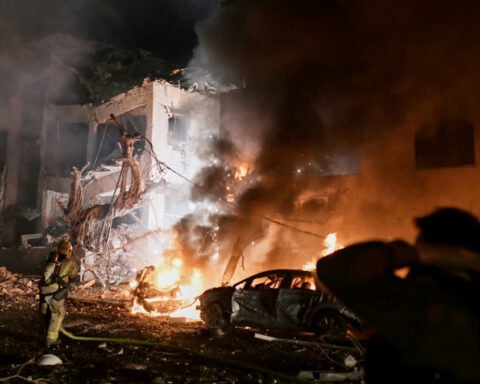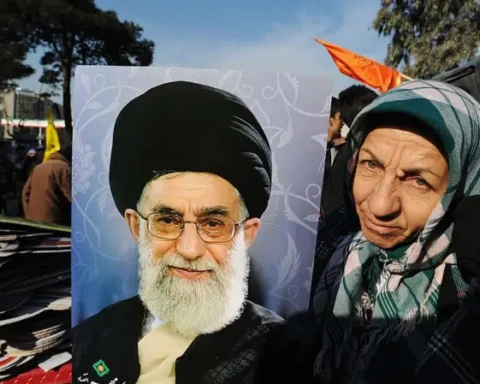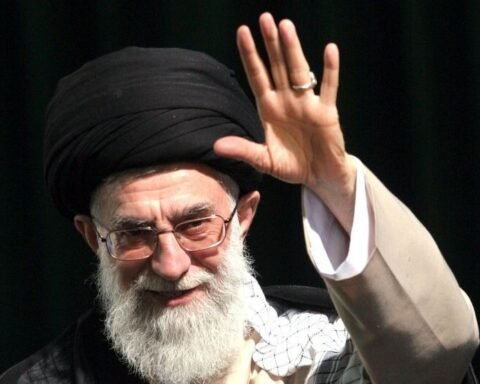On May 9, during Russia’s 80th Victory Day celebrations marking the defeat of Nazi Germany, it wasn’t President Vladimir Putin or the high-tech weaponry paraded across Red Square that drew the most buzz. Instead, it was a young African leader—Captain Ibrahim Traoré—who stole the show.
Traoré, Burkina Faso’s transitional president and Africa’s youngest head of state, has become the face of a rising anti-colonial movement sweeping parts of the continent. After taking power in a 2022 military coup, he broke military ties with France and embraced new partnerships—most notably with Russia.
His presence in Moscow alongside global leaders wasn’t just symbolic—it represented a broader realignment. In meetings with Putin, Traoré discussed economic cooperation, energy deals, and joint military support. The optics were powerful: a young African leader shaking hands with one of the world’s most prominent strongmen, during a high-profile event streamed globally.
On social media platforms such as TikTok, Instagram, X (formerly Twitter), and YouTube, videos of Traoré went viral, drawing praise across Africa’s youth. By April 2025, his online mentions had risen from fewer than 100,000 per week to over 650,000—and continue to climb.
His speeches echoed classic pan-African themes: self-reliance, decolonization, and African unity. In one widely shared clip, Traoré urged young Africans to embrace “mental liberation” from colonial mindsets—rhetoric reminiscent of revolutionary leaders like Thomas Sankara, whom many consider his ideological predecessor.
Also Read; US-China Trade Talks Signal Possible Reset
Traoré’s growing popularity has led some to view him as a near-messianic figure: a soldier-leader rising from obscurity to become a beacon for generational change. His military fatigues and firm handshake with Putin, in contrast to Western-backed leaders, have made him a symbol of rebellion and pride for a generation disillusioned by neocolonialism and foreign intervention.
But while the emotion is real, some analysts caution against idealizing Traoré too quickly. Under his leadership, Burkina Faso remains deeply embroiled in a conflict with jihadist groups, and the military-led government has postponed democratic elections. Human rights observers have flagged increasing restrictions on media, civil society, and dissent—issues reminiscent of the authoritarianism seen in other post-coup regimes in the region.
Still, in the digital age, where perception often outweighs policy, Traoré’s star is undeniably rising. Young Africans—from Senegal to Mali, from Niger to Chad—are increasingly turning to leaders who challenge Western dominance and speak in the language of dignity, resistance, and sovereignty.
Whether Traoré will live up to his rhetoric or join the long list of charismatic leaders who failed to deliver remains to be seen. For now, his Moscow moment has elevated him from a national figure to a continental phenomenon.







